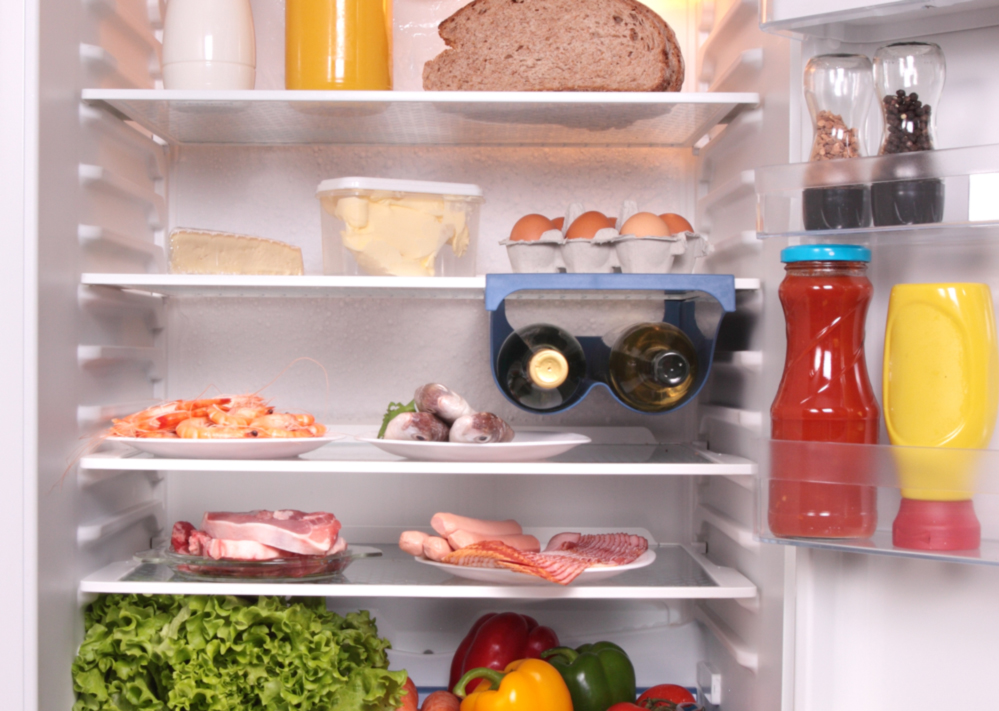Household Bills
From ‘farm to fork’: MPs to investigate fairness in food prices

Guest Author:
Emma LunnA committee inquiry has been launched into “fairness in the food supply chain”.
The cross-party environment, food and rural affairs (EFRA) committee will investigate how profitability and risks are shared through the food supply chain and the existing Government system of monitoring and regulation of these.
It will also examine the impact of external factors on the supply chain, such as imported food and global commodity prices.
From ‘farm to fork’
Food price inflation stood at 15.7% last month, up from 15% in March, according to the British Retail Consortium (BRC). This is the highest rate on record.
The parliamentary committee will look at issues throughout the food supply chain from ‘farm to fork’. It will take evidence from, among others, farmers, manufacturers, retailers, consumers and the Government.
This inquiry follows the committee’s ongoing ‘food security’ inquiry which will look at issues around access to healthy and affordable food, especially for low-income households.

Wellness and wellbeing holidays: Travel insurance is essential for your peace of mind
Out of the pandemic lockdowns, there’s a greater emphasis on wellbeing and wellness, with
Sponsored by Post Office
The committee will look at how households can access facilities such as allotments to grow their own food, and how achievable this is given the pressures of modern living.
After taking oral evidence in parliamentary evidence sessions, as well as written evidence, the committee will issue a report with its recommendations for change where appropriate.
Sir Robert Goodwill MP, chair of the EFRA committee, said: “During these times of high food price inflation, when many people are struggling to give their families good food at a reasonable price, it’s our job as a committee to get to the bottom of what’s going on.
“We know that consumers are paying higher prices, but the question is – are the other parts of the supply chain unduly benefitting from that, or are some of them also feeling the squeeze?
“We need to strike the right balance to ensure healthy, affordable – and preferably British-produced – food is available to all of us.”
The committee is inviting written submissions to the inquiry from people in the various parts of the supply chain as well as experts, academics and other people with experience in the area.
The deadline for written submissions is 28 July.
Are shoppers being exploited?
Myron Jobson, senior personal finance analyst at interactive investor, said: “While there is nothing wrong with supermarkets and grocery stores turning a profit, exploiting shoppers during one of the most challenging economic environments for personal finances in generations is not ok. If the farm to fork probe reveals that profiteering is rife, it would be a bitter pill to swallow for many shoppers who have been forced to make stark sacrifices, like forgoing meals, to stay on top of rising prices.
“Grocery retailers aren’t immune from the cost-of-living crisis, with heightened labour costs and high energy bills chipping away at profitability. Many have opted to pass on the bumper cost burden to customers despite a plea from the Governor of the Bank of England to hold back on price rises to prevent high inflation from becoming embedded and persistent.
“Customers are increasingly taking a stand against what they deem as unfair prices rises by shopping around for the best deals. We’ve already seen a large number of shoppers jumping ship to German discount retailers to lower the cost of the grocery shop. This, more than anything, could drive more supermarkets to slash prices at a rate that might feel uncomfortable for them.”
Experts say Brits are running out of options to reduce their food bills, with more than a third (35%) reporting that their diet has been negatively impacted by rising food prices, while two-in-five adults say that concerns over the rising price of food have negatively impacted their mental health.